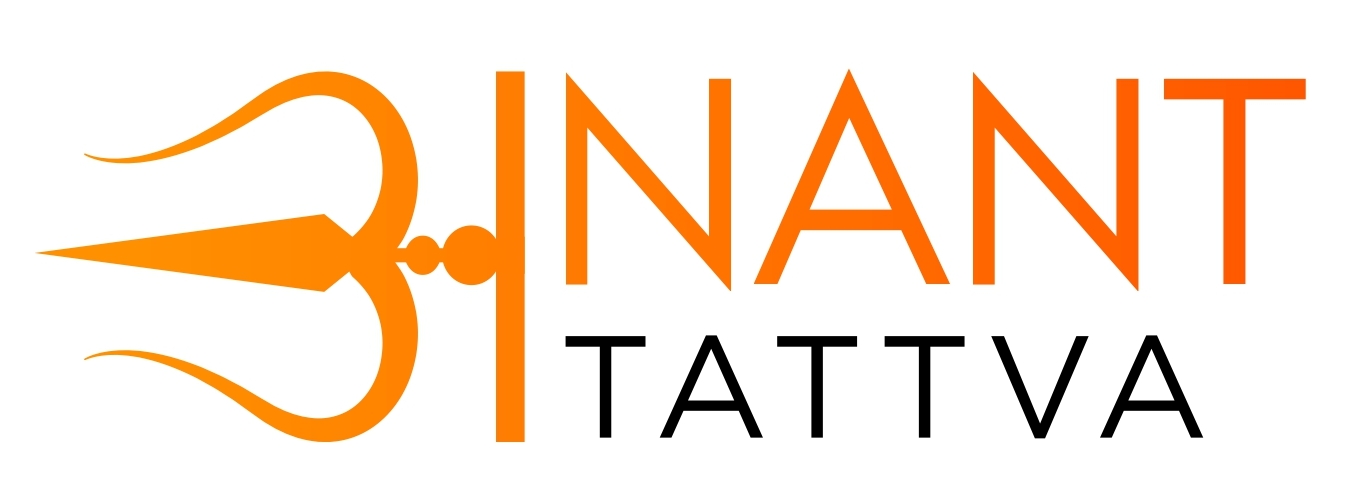
Are You Ready for the New Audit Era?
The Central Pollution Control Board (CPCB) has rolled out significant changes on the Extended Producer Responsibility (EPR) portal, marking the dawn of a new compliance era for Producers, Importers, Brand Owners (PIBOs), and Plastic Waste Processors (PWPs). These updates are more than just procedural tweaks—they signal a stronger regulatory focus on accountability, transparency, and enforcement.
The Big Change: Annual Processing Fee Doubled
Traditionally, the annual processing fee was a one-time payment made during the filing of Annual Returns. However, the CPCB has now doubled this cost by splitting it into two components:
- 25% of the application fee as the processing fee
- 25% of the application fee as the audit fee
This bifurcation is not arbitrary—it reflects a strategic shift towards strengthening compliance and monitoring frameworks. By introducing a dedicated audit fee, the CPCB is signaling that audits are now an integral and unavoidable part of EPR compliance.
Why This Matters: The Audit Mandate
The Plastic Waste Management (PWM) Rules, through their 4th Amendment in February 2022, introduced Clause 12.4 in Schedule II, making audits mandatory. The rules specify that:
- Audits will be conducted periodically for registered PIBOs and
- Only auditors empanelled by CPCB will be authorized to perform these
- Audit reports will be submitted online, allowing real-time monitoring by State Pollution Control Boards (SPCBs), Pollution Control Committees (PCCs), and
In other words, compliance is no longer just about filing annual returns—it’s about demonstrating verifiable data accuracy and operational transparency.
What CPCB Might Audit?
The scope of these audits is extensive. Potential checkpoints include:
- Purchase and sales records for
- Accuracy of marking and labeling on
- Product composition and packaging material
- Data consistency between annual returns, EPR portal entries, and actual
- Packaging and recycling data
- Over 50 other compliance data points that could be
These audits are designed to detect gaps, inconsistencies, and non-compliance early—before they escalate into regulatory penalties.
The Case for Internal Compliance Audits
Given the enhanced scrutiny, PIBOs and PWPs should adopt a proactive approach by conducting periodic internal compliance audits. This practice offers several advantages:
- Early Risk Detection – Identifying issues before they attract regulatory
- CPCB Readiness – Ensuring documentation and data are always audit-ready.
- Data Accuracy – Strengthening recordkeeping and reducing the chances of discrepancies.
By simulating the CPCB audit process internally, companies can spot weaknesses, update processes, and align operations with the latest compliance requirements.
Moving Forward: From Compliance to Confidence
These changes are not merely about higher fees—they represent a broader push towards environmental responsibility and corporate accountability. For organizations, the key is to treat compliance not as a burden but as an opportunity to showcase responsible practices, build stakeholder trust, and align with India’s sustainability goals.
At AnantTattva Private Limited, we specialize in helping organizations stay audit-ready through structured internal audits, early risk detection, and robust compliance support. The new audit era is here—being prepared is no longer optional, it’s essential.


